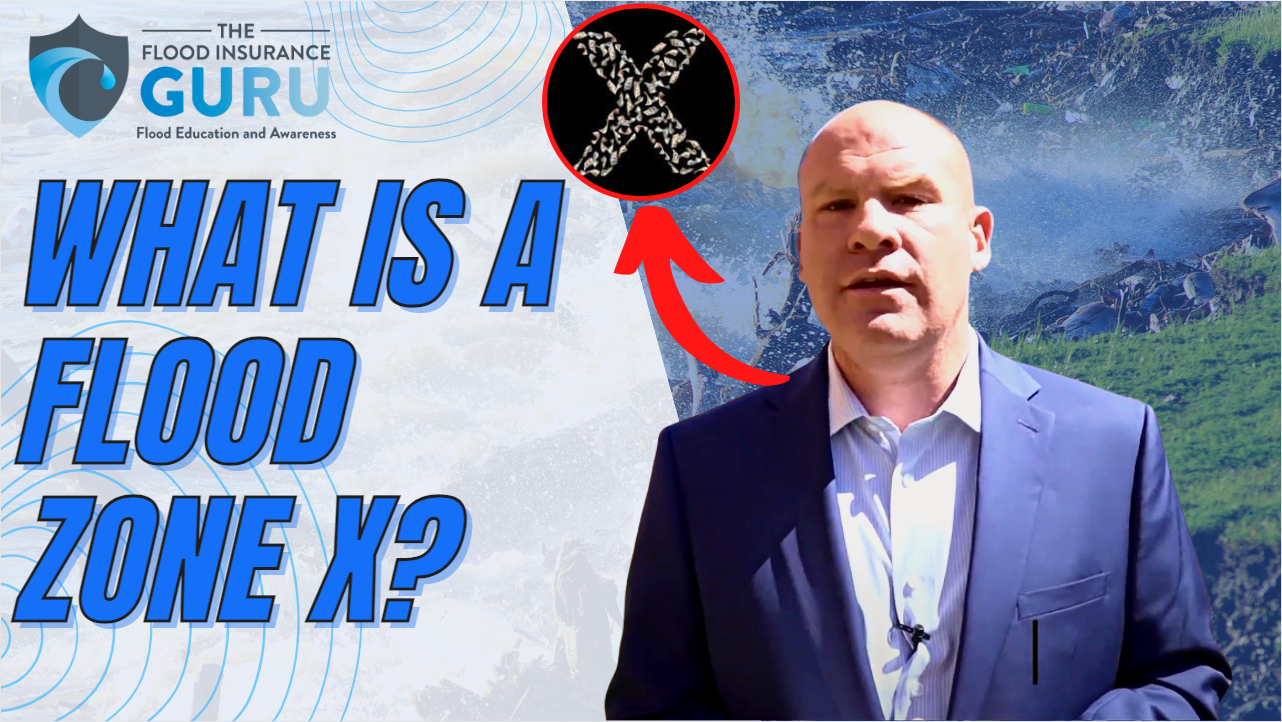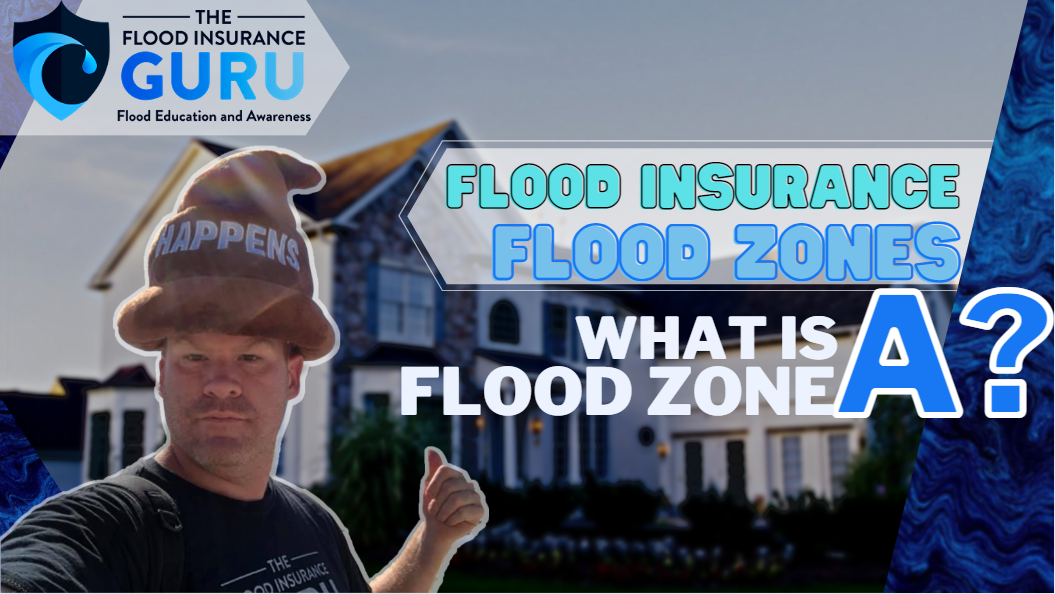Admitted Flood Policies: The Top 3 Reasons to Choose Them
March 25th, 2021
3 min read
By Chris Greene

Flood World Changing
Flood insurance is a constantly changing market. It has really started to evolve over the last 15 years with the threat of natural disasters also increasing. Traditionally, the only option for flood insurance was the National Flood Insurance Program. However private flood insurance companies have really started to make a push recently. Before we can look at admitted and non-admitted insurance companies, we need to understand the different flood insurance options.
First, what are the different types of flood zones?
You have flood zone X, which many times is referred to as a Low-Risk Flood area.

Then there is flood zone A which is known as High-Risk Flood Zones

Lastly, you have flood zone V also known as coastal flood zones. These are also part of the High-Risk Flood Areas, but have a different flood risk because of wave velocity.

While the flood risk in these areas is different, they all have the potential to cause different kinds of damage when it comes to flooding.
It's important to remember that generally flooding isn't covered by homeowners insurance policy or a renters insurance policy. This means if you want flood insurance coverage, you'll need a separate flood insurance policy.
So what is the difference in the two types of flood insurance?
The National Flood Insurance Program, also known as NFIP, is a federal government flood insurance program. Private flood insurers are companies that offer flood insurance outside the National Flood Insurance Program.
Are these insurance company options available to everyone?
Well, it could depend on the history of flood damage on a building and the type of loan you have on a property. It could also depend on the high-risk flood area you are located in.
Private insurers could possibly provide better flood insurance coverage with lower flood insurance premium.
Before you jump into this type of insurance, you want to make sure you understand a few things: does homeowners insurance policy cover flooding? What is the risk of flooding on a property? Does your insurance agent have experience with flood insurance policies? How have flood insurance claims been handled?
Now, let's look at the two types of private flood insurance options when it comes to picking a flood insurance policies.
First, we want to look at admitted private flood insurance companies. They are one of the insurer who's licensed to do business in particular states. This means that they can't charge certain fees, it means if they go out of business, those flood insurance claims can be guaranteed. It also means that if you don't like the way things are handled by your insurer, you could file a complaint with the state.
Now, let's look at non-admitted private flood insurance also known as Surplus Lines Insurance. These companies or insurers aren't licensed to do business in the state. This means there are certain rules they don't have to follow or certain services and protection you may not receive.
So, why should you pick an admitted flood insurance company?
There are three major reasons to pick admitted flood insurance policy or company. Before we look at them, let's look at a few recent flood events. The Oklahoma flooding in 2019 caused a lot of flood damage and losses that people weren't expecting.
Many people were told flood insurance wasn't available in their area. As you can imagine there was a lot of devastating damage left without repairs.
So, what happens if an insurance company can not pay all the claims and is forced to go insolvent?
This is one major benefit of an admitted flood insurance company. If the company goes out of business, the claim could still be guaranteed.
What about taxes and fees? Certain surplus insurance policies have different taxes and fees. These fees can add up on an insurance policy especially if you have a separate policy for multiple buildings. This could have a big impact on flood insurance costs.
What if things don't go the way you want? With a traditional insurance policy, you could file a compliant with the state. However with a surplus insurance policy you don't have that option.
To recap, the three reasons to pick an admitted flood insurance policy are:
- Lower fees
- Claim guarantee
- Ability to file complaints
While saving money can look great on the front end, flood damage could cost you even more money on the back end.
It's important to understand that admitted private flood insurance isn't currently available in many states. Some of the states it's currently available in are Florida, Texas, North Carolina, and New Jersey. It's also important to understand that a standard homeowners policy will not cover flood damage (a water damage for your burst pipe might be). While some home insurance companies will add an endorsement, many times they will exclude it in a high-risk area.
Understanding flood insurance options should be part of any Homeowners Insurance Guide, things like different deductibles, replacement cost coverage, personal property coverage, building coverage, and other limits can have a major impact on your way of living and your building. So if you have further questions, make sure to visit our YouTube channel where we do our daily flood educations videos. You can also checkout our podcast here.
Remember we have an educational background in flood mitigation. We are here to help you understand flood risks, flood insurance, property insurance, types of coverage, and mitigating your property long term. Click the links below so we can start on this together:


